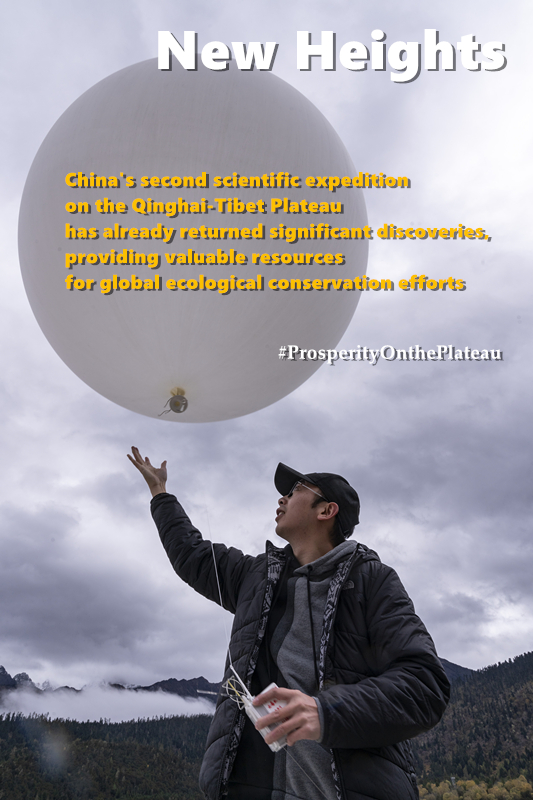## Exploring the Visionary Works of Peter Brooks Director: A Journey Through Theatre and Film
### Introduction to Peter Brooks DirectorPeter Brooks Director, renowned for his innovative and groundbreaking contributions to the world of theatre and fil……
### Introduction to Peter Brooks Director
Peter Brooks Director, renowned for his innovative and groundbreaking contributions to the world of theatre and film, has left an indelible mark on the arts. His unique approach to storytelling and his ability to blend various artistic forms have garnered him acclaim across the globe. In this article, we will delve into the life, influences, and significant works of Peter Brooks Director, examining how his vision has transformed the landscape of contemporary theatre and cinema.
### Early Life and Influences
Born in 1925 in London, Peter Brooks Director was exposed to the arts at an early age. His father, a Jewish émigré from Poland, and his mother, a talented pianist, nurtured his creativity. Brooks studied at Oxford University, where he developed a passion for theatre. Influenced by the works of Antonin Artaud and the principles of the Theatre of the Absurd, Brooks began to explore the boundaries of performance and storytelling.
### Pioneering Theatre Productions

Peter Brooks Director is perhaps best known for his innovative theatre productions. One of his most famous works, "The Mahabharata," is a nine-hour adaptation of the ancient Indian epic. This monumental piece showcased Brooks' ability to merge diverse cultural elements, employing a global ensemble of actors and a minimalist set design that emphasized the power of storytelling over spectacle.
Another landmark production was "The Empty Space," which challenged traditional theatre conventions. Brooks argued for a more visceral and immediate form of theatre that engaged the audience on a deeper level. His concept of the "holy theatre" emphasized the spiritual and transformative potential of performance, a theme that would resonate throughout his career.
### Transition to Film
While Peter Brooks Director made significant contributions to theatre, he also ventured into film, where his visionary style continued to flourish. His adaptation of "Lord of the Flies" in 1963 was a critical success and highlighted his ability to translate complex narratives into visual mediums. Brooks' cinematic works often reflect his theatrical roots, employing minimalism and a focus on character-driven storytelling.

### The Influence of Peter Brooks Director
The impact of Peter Brooks Director on the arts cannot be overstated. His work has inspired countless artists and directors, encouraging them to push the boundaries of conventional storytelling. Brooks’ emphasis on the importance of cultural exchange and collaboration has paved the way for a more inclusive and diverse artistic landscape.
Moreover, his teachings and writings, particularly "The Empty Space," have become essential reading for aspiring theatre practitioners. In this book, Brooks articulates his philosophy on theatre, emphasizing the need for experimentation and the exploration of new forms. His insights continue to resonate with contemporary artists seeking to find their voice in an ever-evolving cultural landscape.
### Conclusion

In conclusion, Peter Brooks Director stands as a towering figure in the world of theatre and film. His innovative spirit, commitment to cultural exploration, and dedication to the transformative power of storytelling have left an enduring legacy. As we continue to celebrate his contributions, it is essential to recognize the profound influence he has had on generations of artists and the ongoing evolution of the performing arts. Through his visionary works, Peter Brooks Director has not only shaped the way we perceive theatre and film but has also enriched the cultural tapestry of our time.